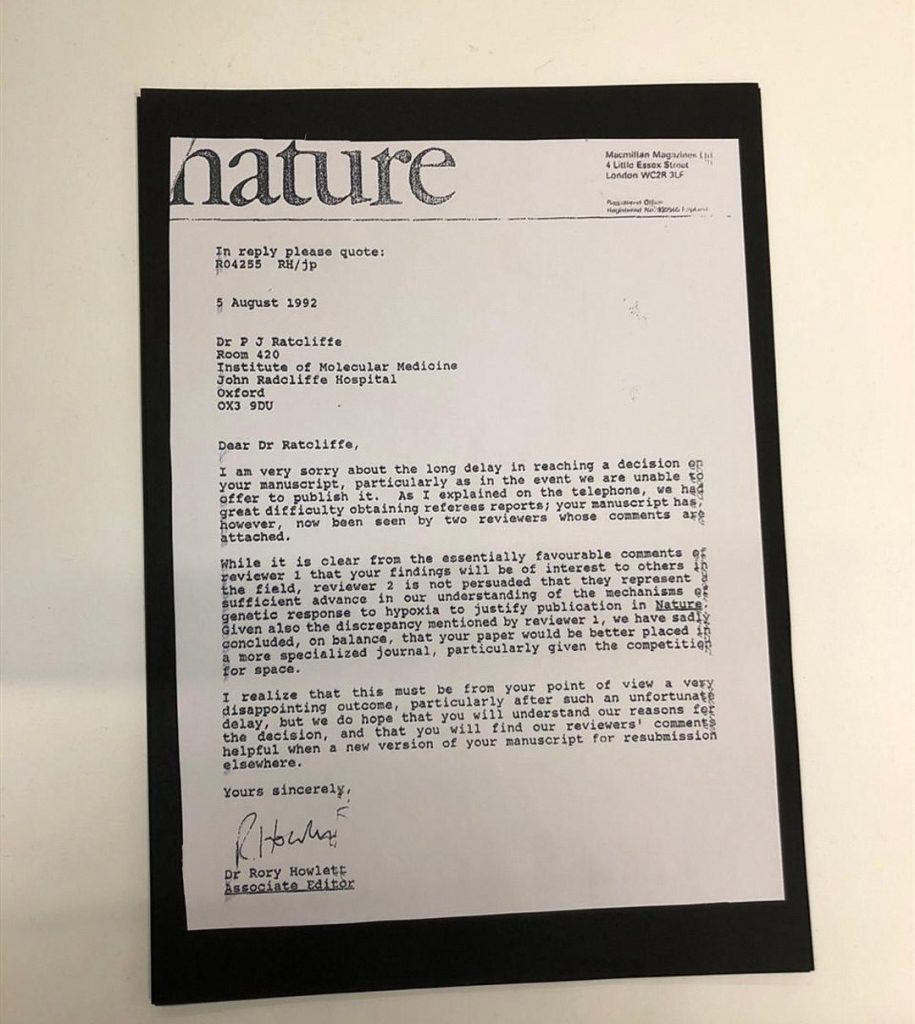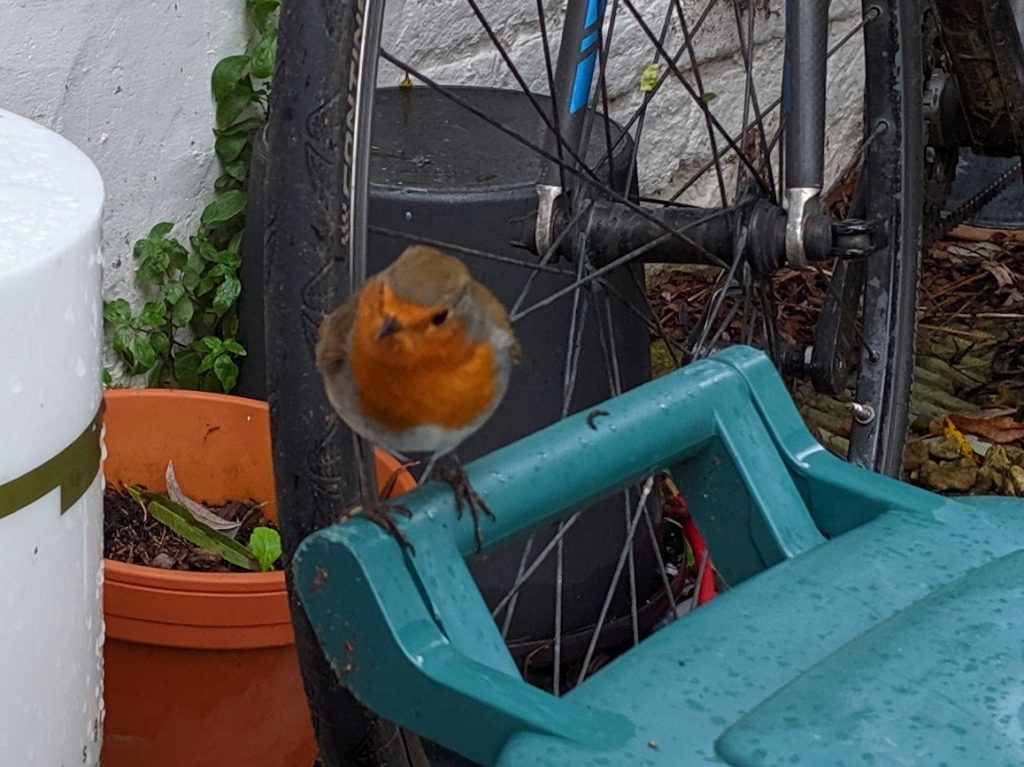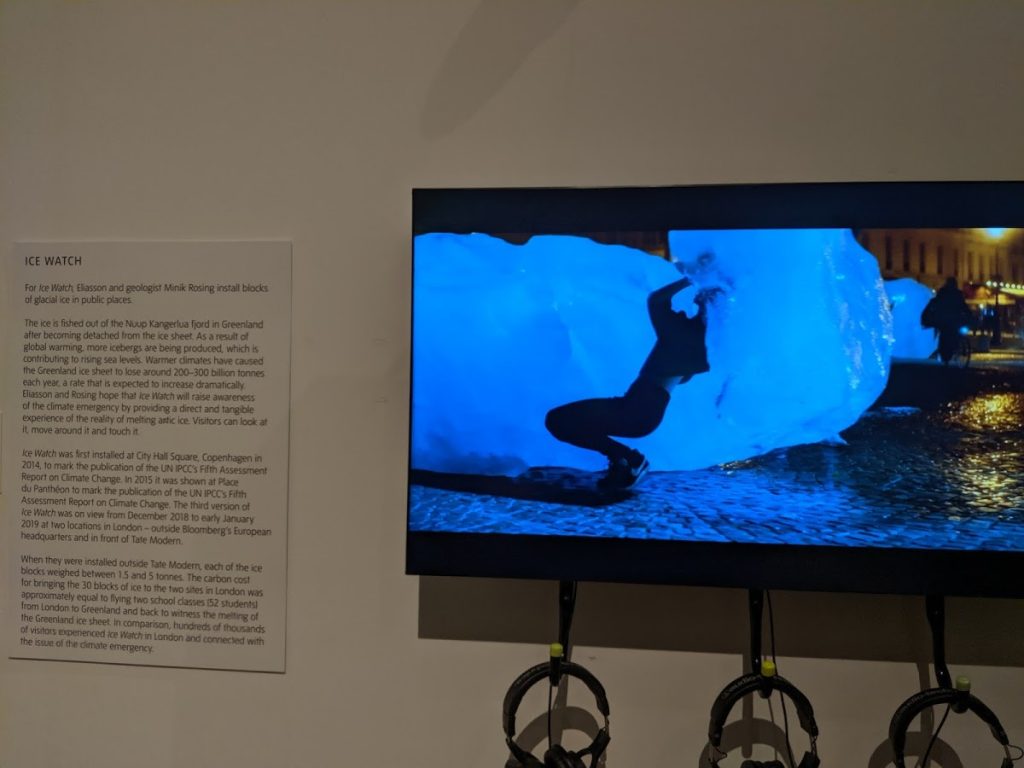Short version: A few big things to talk about; nuclear war, bribes, engineered environments, mistakes, and courses.
Long version:
Big Problems
In Oxford I enjoy meeting people passionate about studies I might not have otherwise ever considered. This week I was introduced to ALLFED, a group who spend their time working out how to feed the population who survive a nuclear war. In the current political climate it can be both frightening and paralysing to think the fate of billions rests on the whim of a few individuals. Knowing some out there are trying to be prepared give me confidence that humanity can survive its own incredible destructive power. This work fits under the umbrella of Effective Altruism, which is persuasive (I have a few friends who are strong proponents) but also complex.
Big Presents
There is a common understanding that bribery is wrong, but it is not immediately obvious why. The answer I seem to find is that the central issue of bribery is when a person is able to take an advantage for themselves (the bribe) in exchange for acting against the external interests they represent (e.g. the university in the case of a college admissions administrator). Some examples:
This year a scandal broke regarding admissions to US colleges, where coaches were bribed to select students without athletic ability on an athletic basis. At face value the harm here appears to be a violation of meritocratic principles; students ought be selected on their talent rather than the wealth of their parents. In fact generally wealthy parents are able to have their students attend top universities despite their academic or sporting ability, via large donations to universities. The wrong here comes from the coaches personally profiting from the student’s admission, rather than the university itself.
In China large gifts were given by banks to politicians, and in Australia political donations by banks have been scrutinised, while the volumes of donations in the US are much higher. Cash donations, crystal tigers, coffee; for politicians these rarely come without strings attached. A journalist buying coffee or even a meal in exchange for an interview seems natural, a company paying a politician to be awarded a contract is graft. In between these, it is difficult to work out where courts or courts of public opinion ought to draw the line.
Big Artificial Environments
People have managed to make some incredible changes to their environment. This week The Wave opened in England, an artificial lake that generates artificial waves so that people can surf. There is also warm weather skiing on plastic and the more extreme indoor ski slope cooled to negative temperatures in hot Dubai. The football world cup will required air conditioned stadiums. All this gives hope that technology can repair the damage we are doing from burning fossil fuels, but also these feats of engineering require enormous amounts of energy themselves.
Big Mistakes
In my reading about health, smoking seems to be the worst decision a person can make. This week I saw some calculations about how smoking is a terrible financial mistake, in addition to the health costs.
Big Classes
This week I finished a Massive open online course (MOOC) on statistics, making it the first online course I’ve completed. Previous attempts, such as the biology course I started in Week 28, have been derailed by lack of interest or energy. I was particularly reminded of the importance of working in your Zone of Proximal Development by this line of mathematics.

Depending on your familiarity with logarithms, this may either appear indecipherable or trivial. I particularly remember encountering logs around the age of 15, and it being the point in my mathematical learning where maths stopped being intuitive. It was confronting to not find the subject easy. Unfortunately I couldn’t see or be shown how pushing past that initial discomfort would lead to valuable personal growth, and I moved away from mathematics to subjects I “felt I was better at”. I think the feeling of being overwhelmed, of being stuck, drives many people away from opportunities to grow and empower themselves, and it is a feeling I am still striving to become more comfortable with.
Photos from the week












